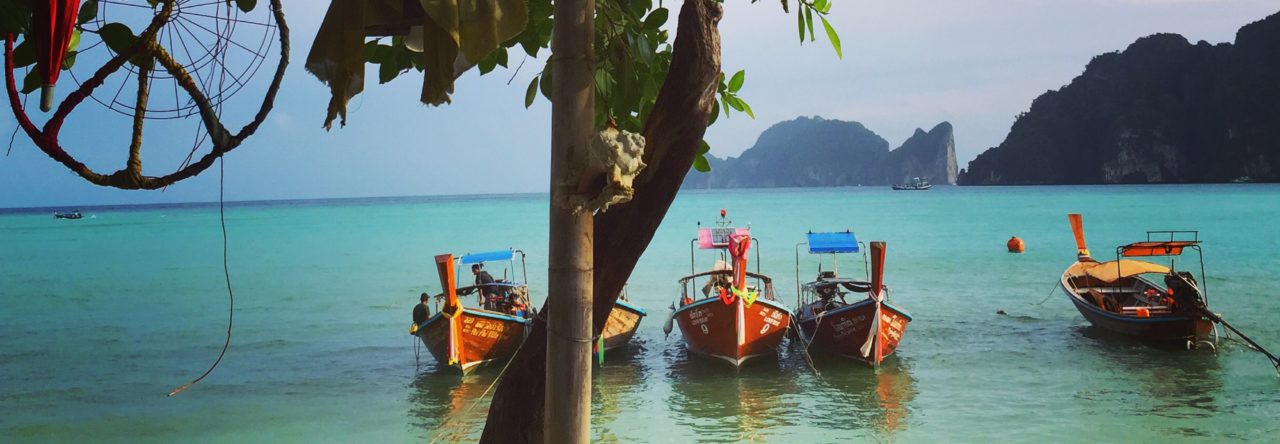To escape the pandemic, I spent most of summer 2020 amongst the forests of Herefordshire, England, where ancient gnarly trees shoot into the sky and craggy rocks border the winding Wye river as it snakes its way through the lush green countryside to the Severn Estuary. A romantic description you might think, but its a true one.

I mostly spent summer 2020 in the Herefordshire forests, avoiding the city
The area’s beauty, especially when contrasted with the cityscape is breathtaking – as I write that I definitely feel like it must be a sign of getting older when you start seeing so much beauty in your home country. That’s not that I seek foreign travel any less. Damn, right now I am constantly dreaming of the crisp blue skies of the northeastern Chinese winter and a backstreet Sichuan restaurant, or steamy tropical islands of southern Thailand. Words aren’t enough to show how much I miss the vibrancy of Asia.
But, on a summer’s day in Herefordshire when the temperature tops 30c, I’m perched in the vivid green forest surrounded by tall trees and ferns that look like miniature palms, I could be in Southeast Asia. The birds are talking as loudly as they’d be in say, the jungles of Malaysia, and the river water temperature being much warmer than the northern European seas, means that swimming here in the summer is very, very easy. Eager fish in the Wye even remove dead skin from your feet – you’d pay a couple of hundred baht for that in Bangkok. What the River Wye does need though is Vang Vieng style tubing. Rickety make-shift bars at the river-side hauling tubers in for beers and cheap cigarettes as they float down river on tractor-tyre inner tubes, but I am pretty certain all the red tape in the UK though would not allow this.

